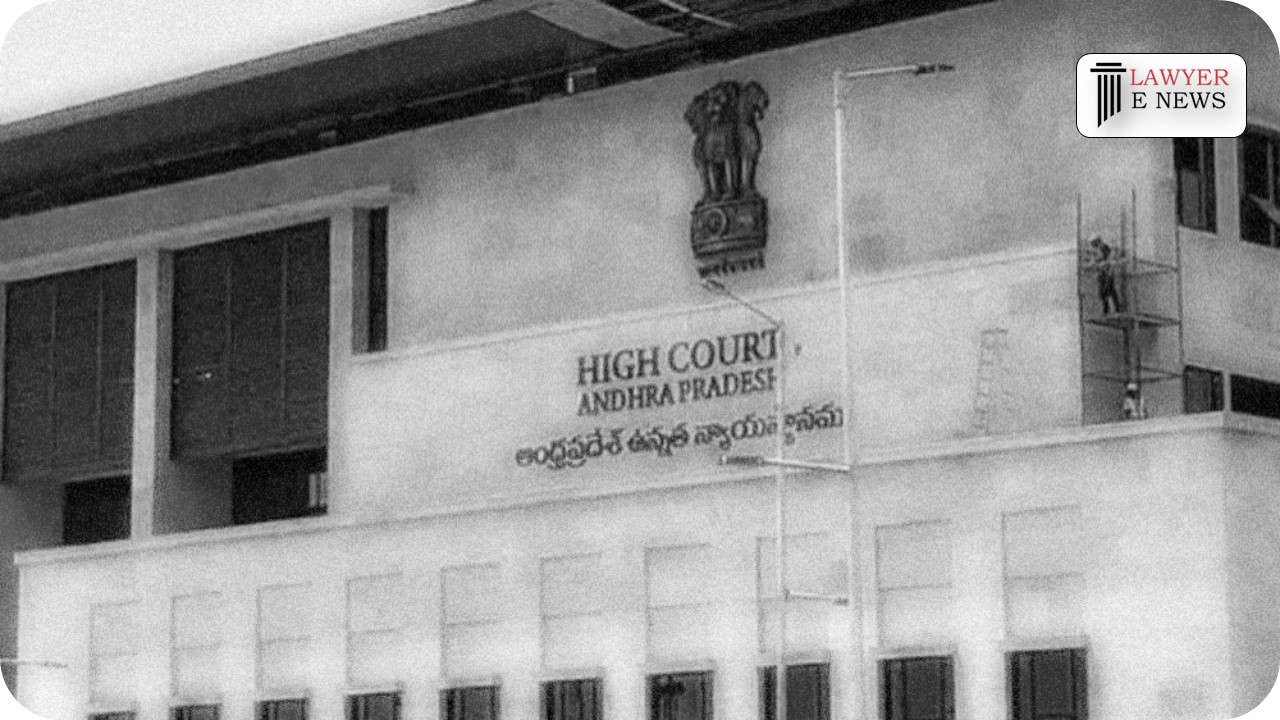-
by sayum
17 February 2026 8:32 AM



In a significant ruling on February 1, 2024, the Andhra Pradesh High Court in Amravati dismissed an appeal challenging the trial court's decree in a partition suit, emphasizing the need for concrete evidence in claims of self-acquisition of ancestral property. The Hon'ble Justice V. Gopala Krishna Rao presided over the case, Appeal Suit No. 114 of 2005, between E. Ranga Rao and T. Lakshmi Thulasi.
The judgment revolved around a dispute over the partition of joint family properties, including a contested property (item No.5) claimed by the defendants to be self-acquired. The plaintiff, a daughter in the Hindu joint family, sought partition and separate possession of these properties.
Justice Rao, in his judgment, pointed out, "The first defendant failed to prove that item No.5 is the self-acquired property of the first defendant." This observation was pivotal in determining the outcome of the case. The court dismissed the defendants' claims about item No.5 being self-acquired due to contradictions in their statements and lack of supporting evidence.
Furthermore, the court scrutinized the defendants' claims of family debts. The defendants had argued that loans were taken for the benefit of the joint family, and thus, the plaintiff should bear a share of these debts. However, the court found the evidence provided by DW3 and DW4 unreliable, leading to the conclusion that the liability for these debts could not be ascertained.
Upholding the trial court's decision, the High Court decreed, "the plaintiff is undoubtedly entitled to the relief of partition of the total plaint schedule properties as granted by the trial court." The judgment reaffirms the legal principle that ancestral properties cannot be deemed self-acquired without substantial evidence.
Date of Decision: 01 February 2024
RANGA RAO VS LAKSHMI THULASI
